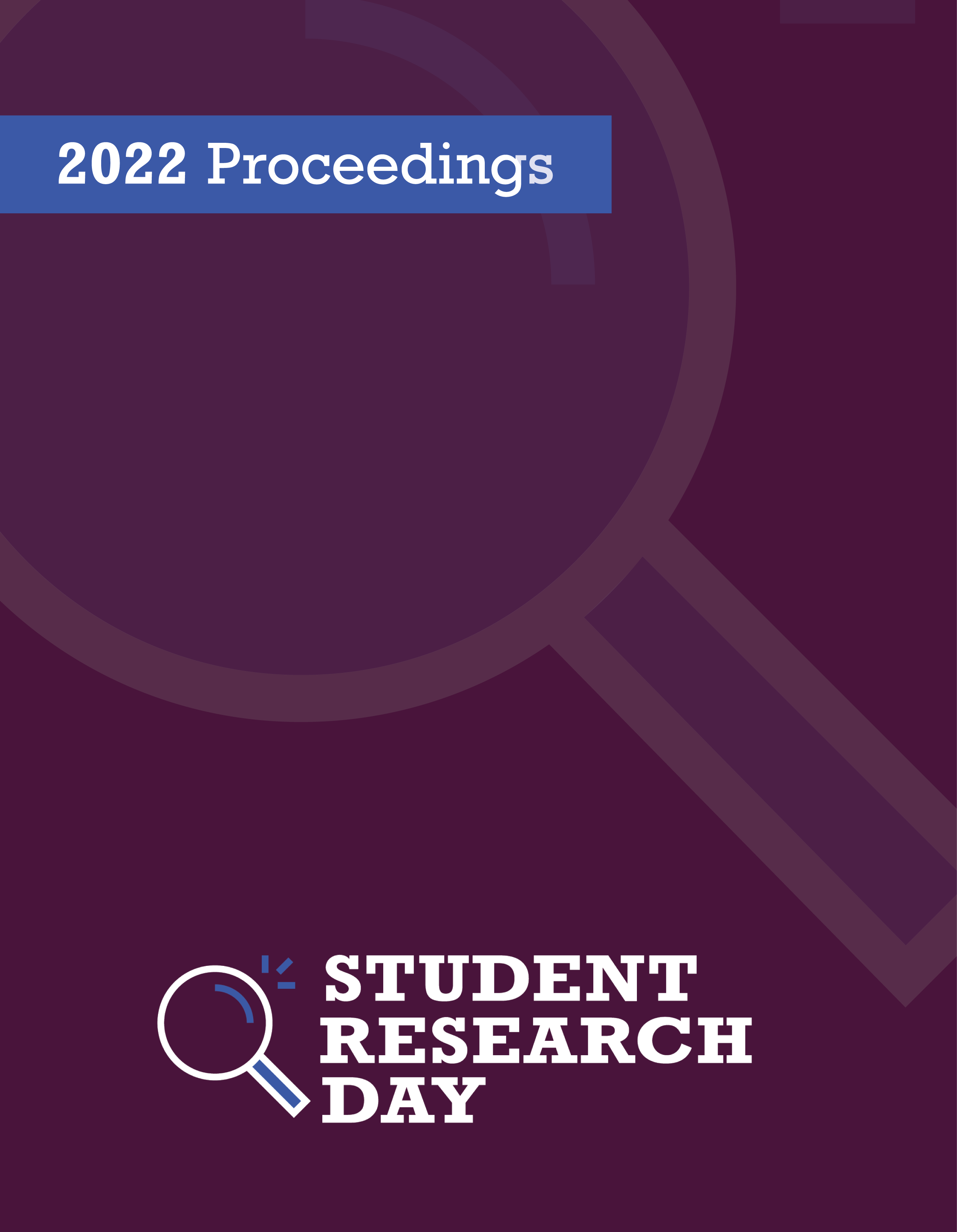Smart Camps: The Digital Revolution's Dark Creation
Abstract
Within the history of penal systems, China represents a special case that initially adopted western penal models in the early 20th century but subsequently diverged onto a separate and unique path. Upon Mao Zedong’s victory in 1949 over the ruling Nationalist government, the focus on a western prison reform model shifted to one based on ideological purity and correct political thought, resulting in re-education camps known under the blanket term laogai. This change in penal practice occurred during the embryonic stages of the digital revolution, where humanity discovered ever more powerful methods of computation and data processing. The fixation on punishing incorrect thought led the People’s Republic of China (PRC) to adopt data collection and observation methodologies that could be easily digitized, allowing for exponential growth in oppressive systems. This comingling of laogai camp practices with computing power harnessed by the digital revolution has resulted in a new system of penal camps that is a stark break from traditional models. Using the PRC as a historical case study, this presentation will explore the history of re-education camps, contextualizing the evolution towards the modern ‘smart camp’ that is unique within the history of internment camps.
Department: Humanities
Faculty Mentor: Dr. Aidan Forth
References
Published
Issue
Section
License
Authors retain any and all existing copyright to works contributed to these proceedings.



